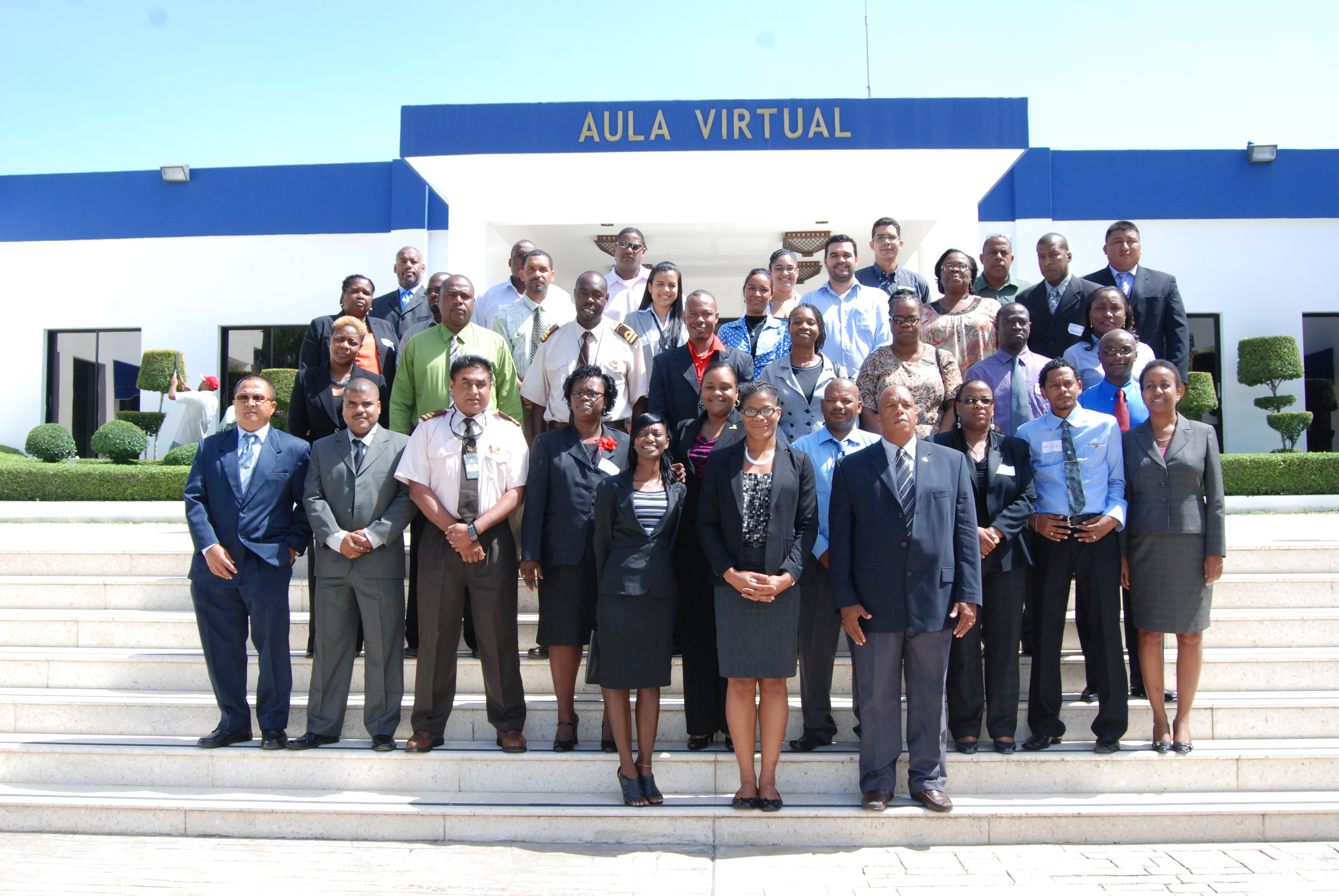Methodology & Sustainability

The Caribbean Hub component of the ACP-MEAs Programme is planned and implemented through the Caribbean Community (CARICOM) Secretariat’s Sustainable Development Programme.
The main means of implementation are the provision of information, technical advice, a range of training activities in-country as well as regionally, and specific in-country support activities such as facilitation of national meeting, workshops and engagement of technical expertise.
Specific capacity-building actions have included (the below list is not exhaustive):
-
Regional training on MEAs negotiation and the preparation of associated guidance briefs;
-
Regional and national capacity-building on MEAs mainstreaming and publication of a mainstreaming training module;
-
Publications of a MEAs handbook and learning kit for Customs Officers, and training for Customs Officers at the national and regional levels;
-
Awareness-raising and capacity-building on Access and Benefit-Sharing;
-
Review of national legislation and training for lawyers on drafting legislation for implementation of targets MEAs in the biodiversity and chemicals and waste clusters;
-
Coordinating regional preparations and positions for key MEAs negotiations;
-
Preparation and dissemination of informational brochures on MEAs and their implementation in the Caribbean context.

Participants at Caribbean Regional Training Workshop on MEAs Enforcement for Customs Officers and Border Control Personnel
Sustainability
The involvement of national stakeholders in planning, resource mobilization and implementation of actions to address MEA requirements is being encouraged as a sustainability measure. Involvement of national and regional experts and stakeholders in the execution of project activities strengthens the capacities of institutions and individuals to carry out their defined roles, creates national ownership of the project activities, establishes a shared knowledge base, and facilitates the establishment of formal and informal networks. All of these support the sustained application of the knowledge and skills gained by the beneficiaries of the project.
The production of outputs such as manuals, guidebooks, training modules, learning kits and curricula will also contribute to the sustainability of Project impacts. Organizations in the Caribbean have shown substantial interest in these project outputs, and they are expected and encouraged (for example, via training-of-trainers) to continue to use them even beyond the life cycle of the ACP-MEAs action in the region.
Partnerships with other institutions and organizations are also a key component of sustainability, as these partners will be able to build on and continue capacity development efforts in key areas relevant to their mandates.
The Caribbean Hub will also be developing targeted cooperation agreements, strategic plans, and road-maps to sustain and amplify key results and outcomes of the Project after its conclusion.
